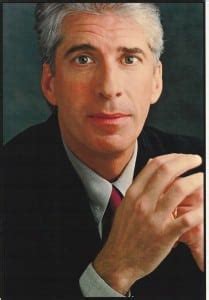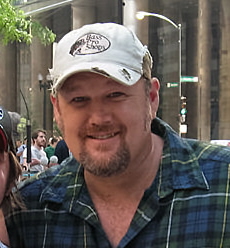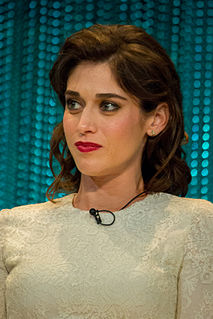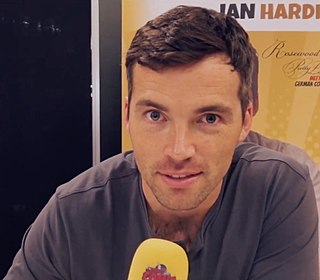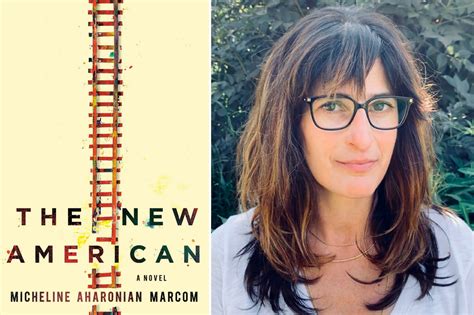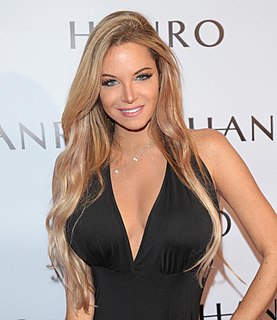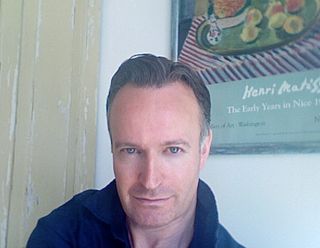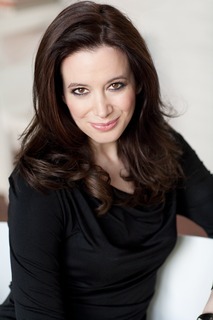A Quote by Chris Bliss
Comedy has been crossing the country with remarkable speed way before the Internet, social media, even cable TV.
Related Quotes
Because of the control of the media by corporate wealth, the discovery of truth depends on an alternative media, such as small radio stations, networks, programs. Also, alternative newspapers, which exist all over the country. Also, cable TV programs, which are not dependent on commercial advertising. Also, the internet, which can reach millions of people by-passing the conventional media.
The Internet has been an invaluable acquisition. I wonder how we would do without it. Information can be sent from one country to the other within the space of minutes, crossing channels, crossing oceans, crossing continents. But still, we can't compete with the might and power and wealth of those who dominate, control, and own the means of the production of information today.
It's a different thing with cable TV. You don't have to have your characters be lovely again by the end of the episode. And in this era of the male antiheroes on cable TV, you don't even need to make them likable; you just need to make them compelling. As opposed to film, where it's still those basic tropes of good versus evil. But for women, I don't think that has been widely seen yet.
The internet, like social media, seems to me to depend on how you use it, where you spend your time on it. I used to be quite anti-social media, but I can see now that it can be a good tool for artists, a way for us to speak to each other outside of standard economies and across languages and borders.
